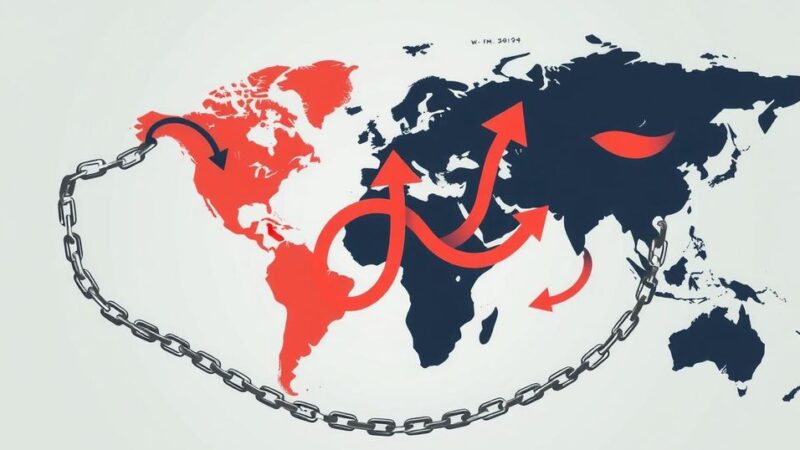External Affairs Minister Subrahmanyam Jaishankar has credited India’s military and diplomatic efforts for recent agreements with China regarding disengagement at the LAC in eastern Ladakh, with full disengagement expected by October 29. He emphasized that normalization of relations will necessitate time, following significant military readiness and increased defense resources. The focus is on managing troop movements and resuming patrolling before restoring trust between the two nations.
External Affairs Minister Subrahmanyam Jaishankar recently attributed India’s progress in negotiations with China regarding the Line of Actual Control (LAC) to a combination of military strength and effective diplomacy. Following the commencement of disengagement measures at Depsang and Demchok in eastern Ladakh on October 21, which are expected to conclude by October 29, both nations plan to resume patrolling by October 30-31. During a session with students in Pune, Minister Jaishankar remarked that although significant strides have been made, it remains premature to fully normalize relations, as rebuilding trust will necessitate time and effort. Minister Jaishankar emphasized the importance of the determined stance taken by India, supported by its military’s readiness, even under challenging conditions at the LAC, to defend national interests. He acknowledged the escalation in resources allocated to defense, which has increased fivefold over the past decade, facilitating more effective military deployments. In light of the ongoing negotiations that began after the disturbances at the border since 2020, Jaishankar noted that India and China have made progress in mutual understandings regarding troop movements and the resumption of patrolling duties. His remarks reflect a cautious optimism based on recent engagements, including discussions between Prime Minister Narendra Modi and Chinese President Xi Jinping in Russia’s Kazan, which set the groundwork for further diplomatic exchanges. As the situation develops, Jaishankar reaffirmed that India’s focus remains on disbanding close troop placements to prevent incidents, leading to eventual de-escalation and a longer-term resolution of border management issues. Significantly, the recent agreements aim for a return to the previous state of patrolling, which the Minister indicated had been a point of contention in negotiations over the past two years.
The standoff between India and China along the Line of Actual Control (LAC) has been a point of concern since 2020, causing significant strains in bilateral relations. This latest development in disengagement talks marks a notable moment in the ongoing dialogue between the two nations. The Indian government has been proactive in seeking resolutions to the tensions through direct negotiations and military preparedness, which has led to recent agreements on patrolling and disengagement in specific areas.
In summary, Minister Jaishankar’s statements highlight a complex interplay of military readiness and diplomatic efforts that have facilitated progress in negotiations between India and China regarding the LAC. The conclusion of disengagement measures at Depsang and Demchok is a significant step, although the path to complete normalization of relations may still require patience and additional dialogue. The commitment to resume patrolling signifies an important move towards stabilizing the border situation and advancing mutual understandings at a time of heightened tensions.
Original Source: www.hindustantimes.com







